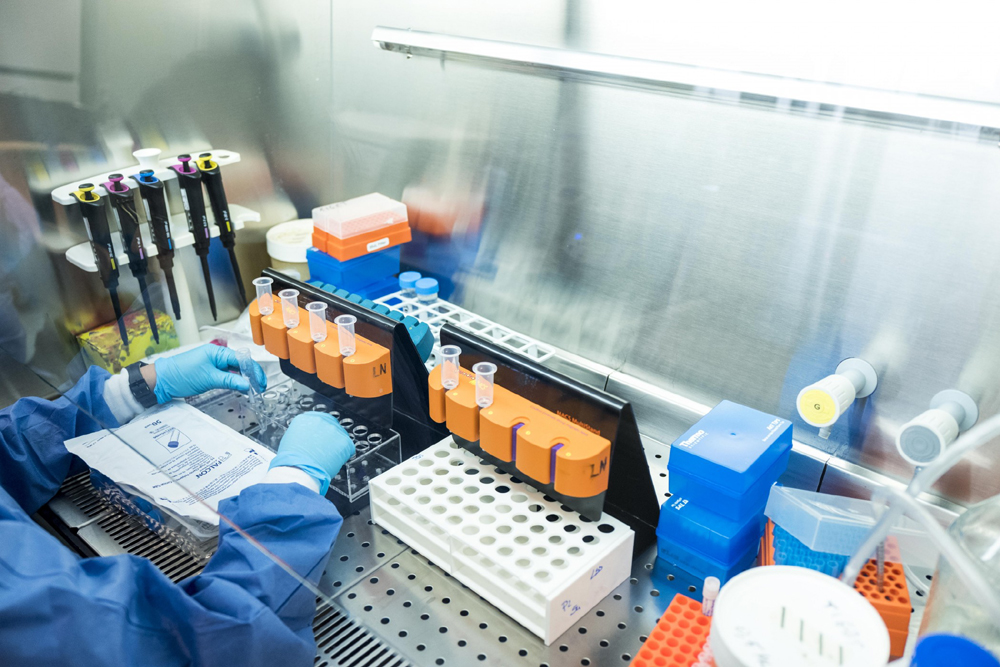Editas Medicine, Inc. (NASDAQ: EDIT), a leading genome editing company, and Fondazione Telethon and Ospedale San Raffaele, which operate a joint research collaboration known as the San Raffaele Telethon Institute for Gene Therapy (SR-TIGET) have entered into a scientific collaboration to research and develop genome edited hematopoietic stem cell (HSC) and T cell therapies.

The scientific work at SR-TIGET in Milan, Italy will be led by Luigi Naldini, M.D., Ph.D., SR-TIGET Director, and a world-renowned expert in lentiviral gene therapy and hematology.
“Dr. Naldini and SR-TIGET are world leaders in gene therapy. They have pioneered many important scientific advancements working with cells of the immune system and have extensive expertise in translating that work into cell-based therapies,” said Katrine Bosley, CEO, Editas Medicine. “We believe there will be great synergy across our scientific teams through this collaboration.” “My team and I believe genome editing is a promising answer to advance medicines to treat technically challenging diseases,” said Dr. Naldini. “We at San Raffaele – Telethon Institute for Gene Therapy have worked for years to develop targeted integration of therapeutic genes into T cells and HSCs, and the collaboration with Editas Medicine represents an important opportunity to develop more effective and safe therapies for patients in the years ahead.”
The goal of the three-year research collaboration includes the development of gene correction strategies for the treatment of rare diseases, starting with two specified indications in the blood and bone marrow. This collaboration is part of Editas Medicine’s overall HSC and T cell editing product development strategy for challenging disease areas.About Editas Medicine.
Editas Medicine is a leading genome editing company dedicated to treating patients with genetically defined diseases by correcting their disease-causing genes. The Company was founded by world leaders in genome editing, and its mission is to translate the promise of genome editing science into a broad class of transformative genomic medicines to benefit the greatest number of patients.